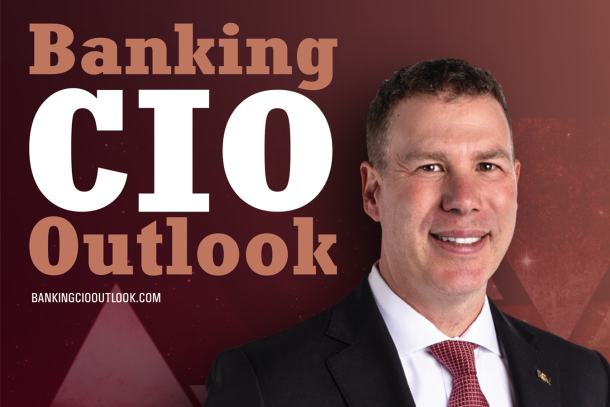Robin Esrock’s Spring 2023 Bucket List
Bestselling author and travel personality Robin Esrock has reported from over 100 countries on 7 continents. We’ve invited him to share some travel inspiration.
International Dream of the Season:
Sail a Tall Ship in the Caribbean
Unless you personally know someone with a luxury 16-sail, 62m-high, 15m-wide and 110m-long tall ship, chances are you’d never get to sail one. Fortunately, Swedish-owned Star Clippers has a fleet of them, pampering guests with spectacular sailings around the world. Spring is an ideal time to board their Star Flyer for a week-long sail around the British Virgin Islands. Among sailing enthusiasts and first-timers, you’ll get to explore stunning coves, beaches and island communities where big cruise ships simply cannot go. Star Flyer accommodates up to 160 passengers and 74 crew, combining luxury (think polished mahogany and brass interiors) with adventure (climb the mast and feel that wind!) Best spot on the yacht is the bowsprit, a thick, hammock like netting at the front of the ship where I felt the spray of the ocean, and spotted curious dolphins beneath the waves. On board were seasoned cruise veterans who told me the Star Flyer had been their favourite cruise ship of all. Sailing is just a different way to do it, and burning just 15% of the fuel of a similar sized ship, it’s an eco-friendly way to cruise as well.
Canadian Dream of the Season:
Blossoms, sugar shacks, wildflowers and whale watching are just some of the attractions that come alive each spring. It’s also a great time to hit the ski slopes as the crowds thin, the snow softens, and the days stretch longer. An estimated 40,000 cherry blossom trees brighten up Vancouver (my favourite spot is Queen Elizabeth Park) for the annual Cherry Blossom Festival, while over a million tulips bloom in Ottawa at the Canadian Tulip Festival in May. Returning after the pandemic hiatus, Elmira, Ontario once again hosts the world’s largest maple syrup festival, kicking off April 1st, and sugar shacks kick into high gear across Quebec too. On April 2nd, Stratford, Ontario releases swans onto the Avon River with a lively parade, and on the Manitoban prairies, the world’s largest concentration of snakes (all totally harmless!) slither from the Narcisse Snakes Dens creating a rather unique wildlife spectacle. Less snakes, more chocolate? Check out my inspiring story about a family of Syrian refugees in Nova Scotia producing the best chocolates in the country, and how a community rallied to support them.
Leaving the Pandemic Behind:
In December I attended a World Travel and Tourism Council conference in Saudi Arabia. Fifty-two Ministers of Tourism were attendance along with thousands of attendees to debate the future of sustainable tourism, ironically gathered in the world’s largest oil producer. Saudi Arabia is investing a staggering US$1 trillion into tourism as a strategy to wean GDP off fossil fuels. Check out this jaw-dropping video for The Line, one of several Saudi ‘giga-projects’ that feel like they belong in a sci-fi movie. You can read my full report on the kingdom’s wild and problematic transformation.
Pro Tips:
I used to always drink tomato juice on flights. It must help in some way, I figured, otherwise why would they serve it? A friendly flight attendant set me straight. “Do your feet swell up on planes?” she asked me. They do! “Then stay off the salty tomato juice!” Incredibly high in sodium, tomato juice is the worst liquid to put into your body in a pressurized cabin, and coffee, pop or alcohol are not much better. Stay hydrated with water. A pro trip for long-haul flights is to wear a pair of compression socks (nowadays marketed as fashionable energy socks). You’ll notice an immediate difference on arrival, with your legs and feet feeling fresh and ready to take on any new adventure.
Don’t Quote Me:
“Travel. Because money returns, and time doesn’t.” – Anonymous
If you have any travel-related questions or inquiries, we invite you to reach out directly to Robin at robin@robinesrock.com



















